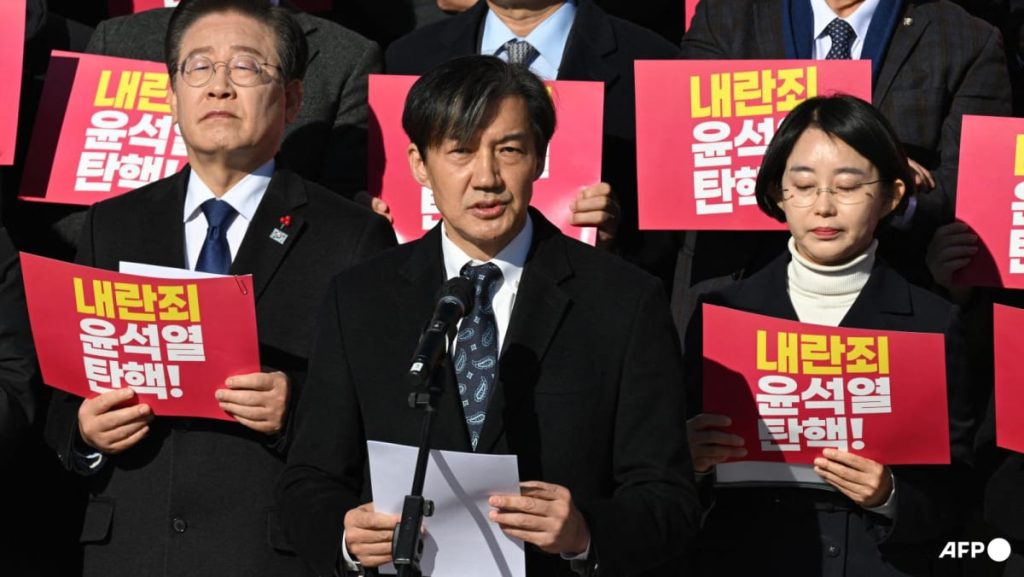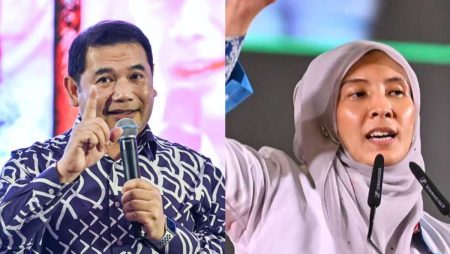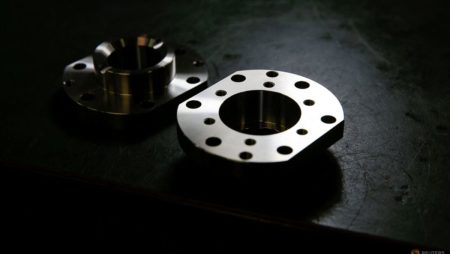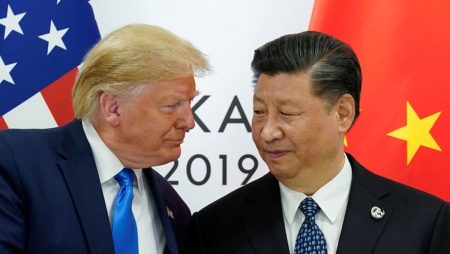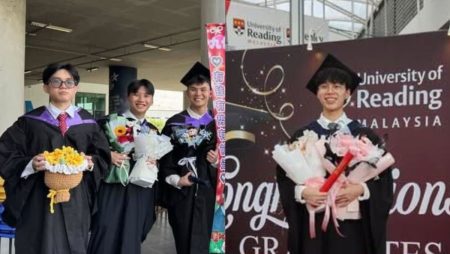Cho Kuk’s Fall From Grace: A Detailed Account of the South Korean Political Scandal
The South Korean political landscape was dramatically altered on December 12, 2024, when the Supreme Court upheld a two-year prison sentence for prominent opposition leader Cho Kuk. This decision marked the culmination of a protracted legal battle surrounding allegations of academic fraud, effectively ending Cho’s once-promising political career and intensifying the ongoing political turmoil in the country. The charges stemmed from accusations that Cho forged documents to bolster his children’s applications to prestigious universities, a scandal that ignited public outrage and fueled partisan divisions.
Cho, a former law professor and close aide to former President Moon Jae-in, had risen through the ranks of the liberal political establishment, earning a reputation as a sharp legal mind and a potential successor to Moon. His appointment as Justice Minister in 2019 seemed to solidify his trajectory towards higher office. However, the subsequent revelations about his children’s university admissions shattered his public image and cast a long shadow over his political future. The allegations against Cho painted a picture of a politician who leveraged his influence and connections to secure advantages for his children, raising serious questions about fairness and ethical conduct within the elite circles of Korean society.
The scandal unfolded against the backdrop of already simmering political tensions in South Korea. President Yoon Suk Yeol, a conservative, had recently imposed, and then swiftly rescinded, martial law, a move that sparked widespread protests and calls for his impeachment. Cho emerged as a leading voice in the opposition’s efforts to remove Yoon from office, capitalizing on the public discontent and positioning himself as a defender of democratic principles. The Supreme Court’s decision, however, dealt a significant blow to Cho’s credibility and weakened his ability to lead the impeachment charge. The timing of the ruling, in the midst of the political upheaval following the martial law incident, further complicated the already volatile situation.
The specific charges against Cho included obstruction of business and forgery of both public and private documents. The prosecution argued that Cho fabricated awards, internships, and research experiences for his children’s applications, giving them an unfair advantage over other applicants. The defense team contended that the documents were authentic and that Cho was a victim of a politically motivated witch hunt. Throughout the legal proceedings, Cho maintained his innocence, claiming that the charges were fabricated by his political opponents to derail his career and undermine the previous Moon administration.
The Supreme Court’s decision affirmed the lower court’s ruling, concluding that the evidence presented against Cho was sufficient to prove his guilt beyond a reasonable doubt. The court meticulously reviewed the extensive documentation and testimony presented during the trial, ultimately finding Cho’s defense unconvincing. The ruling effectively ended Cho’s legal options, paving the way for his imprisonment and marking a definitive end to his political aspirations. The decision sent shockwaves through the South Korean political landscape, triggering both celebrations among Cho’s detractors and expressions of outrage from his supporters.
The Cho Kuk scandal became a lightning rod for public debate about privilege, fairness, and the integrity of the South Korean education system. The case highlighted the intense pressure faced by students to gain admission to prestigious universities, often resorting to extreme measures to enhance their applications. It also exposed the deep-seated inequalities within Korean society, where connections and influence can often outweigh merit and hard work. The scandal served as a stark reminder of the need for greater transparency and accountability within the education system and the political sphere, prompting calls for reforms to address the underlying issues of privilege and unfair advantage. The long-term impact of the Cho Kuk affair on South Korean politics and society remains to be seen, but it undoubtedly served as a watershed moment, forcing the nation to confront uncomfortable truths about its social and political structures.




